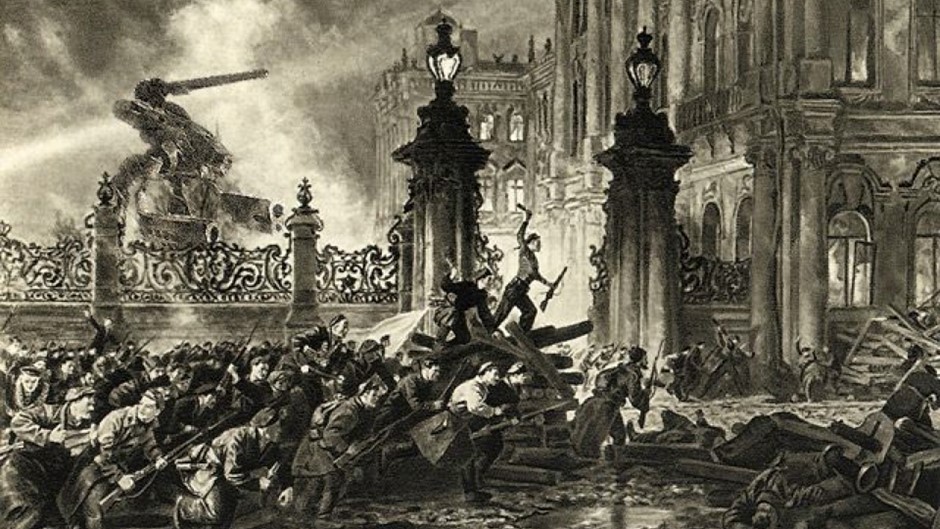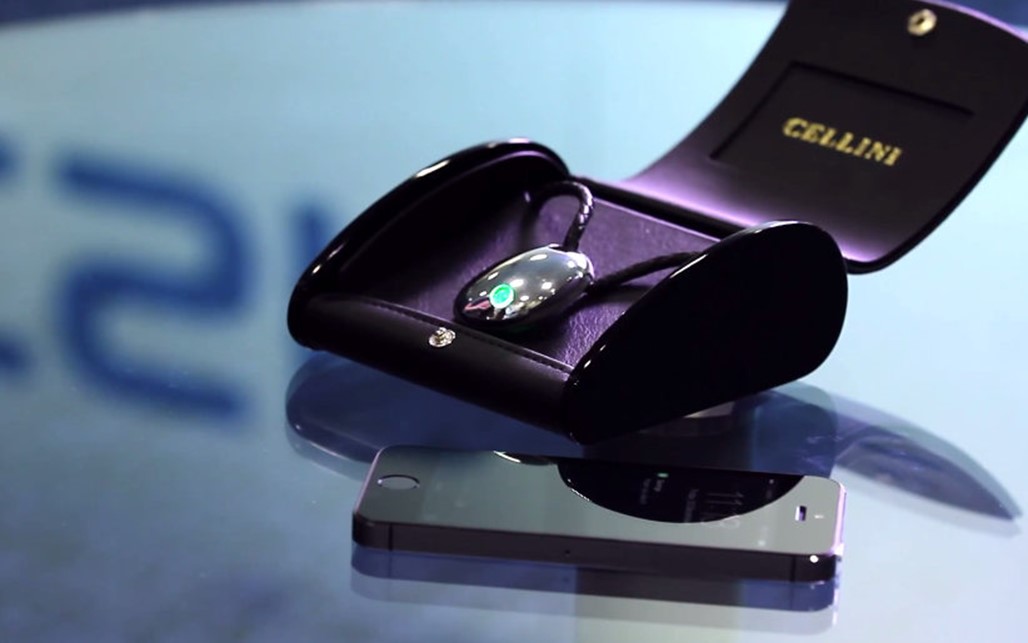The Economics Of Failing To Overthrow Gambia’s Government
January 14, 2015 in Daily Bulletin

As the world was preparing to ring in 2014, a gang of intrepid revolutionaries set out to overthrow Gambia’s dictator. They failed. Javier Blas wrote about how much it cost:
- The group trying to launch the coup d’état consisted of just 20 people.
- The budget for the operations was a measly $220,798.
- This included $2,000 for each of two sniper rifles, and a $4,000 expense account for each of the revolutionaries.
- The operation was bankrolled by an American of Gambian descent who made his fortune in Texas. In return for his investment he was expected to be installed as President.
- This isn’t the first time a few brave souls have tried to take a state. In 2004 the son of former UK Prime Minister Margaret Thatcher was given a suspended sentence for trying to overthrow the government of Equatorial Guinea.
- A French soldier launched four coup attempts in the Comoros Island between 1975 and 1995. A couple were even successful.
Read about the attempt, details of the master plan, the group’s motives, and more over here.
Source: Financial Times
Via: Marginal Revolution









Join the Discussion! (No Signup Required)